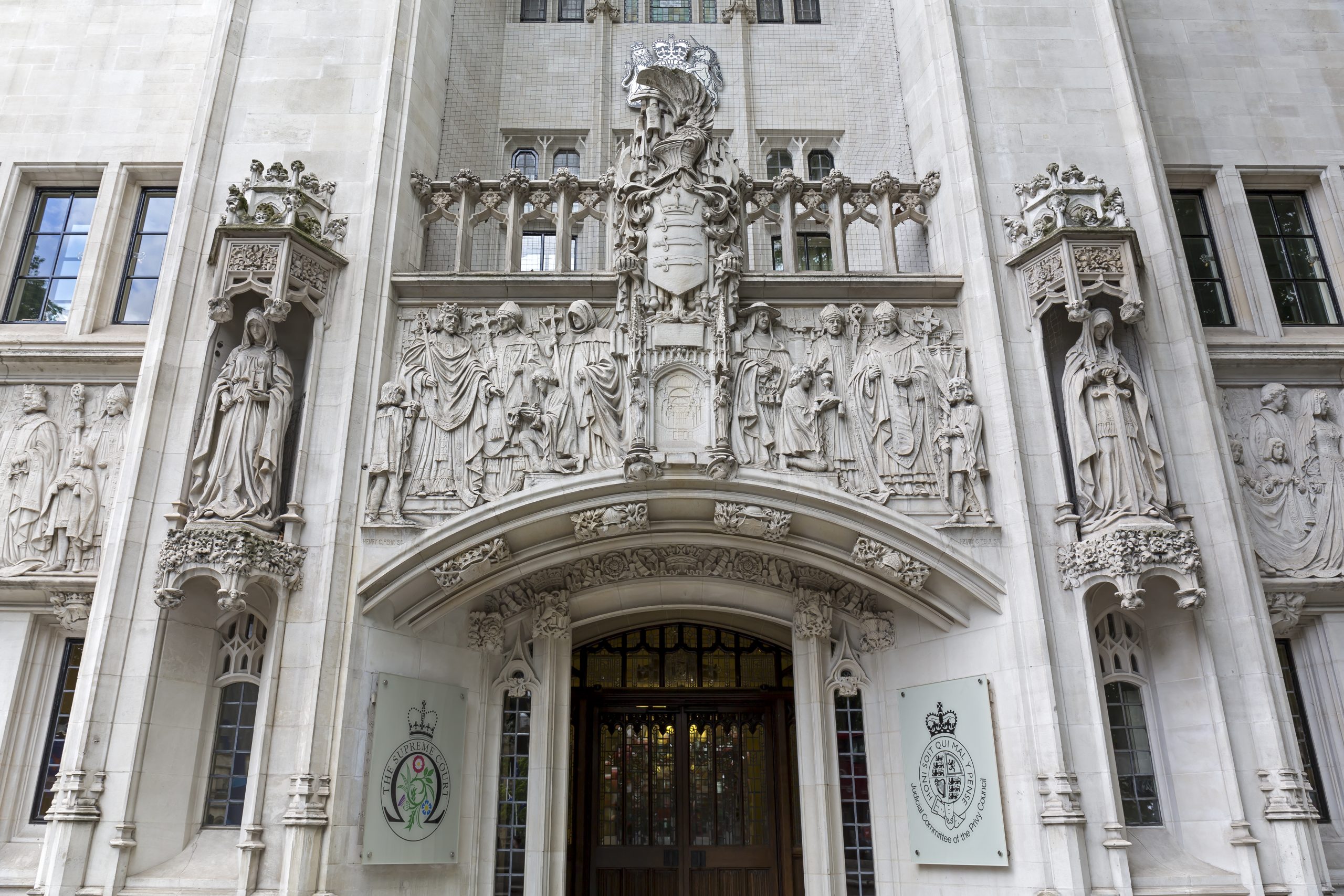Commercial card claim
“… it is worth reflecting on the nature of an industry dominated by a global duopoly that can get away with quintupling a charge from one day to the next.”
The Financial Times, 1 February 2021
Commercial card claim
“The decisive question is whether in the absence of the MIF the prices acquirers charge to merchants at large would be lower. This is the case, because the price each individual bank could charge to merchants would be fully determined by competition rather than to a large extent by a collective decision among (or on behalf of) the banks”
European Commission, Decision of 19 December 2007 (COMP/34.579, COMP/36.518, COMP/38.580)
Commercial card claim
“Over the course of lengthy investigations in Europe going back many years and, more recently, litigation in the UK, multilateral interchange fees levied by Mastercard and Visa have been found to be anti-competitive, and therefore unlawful. Businesses have been affected by these fees to the tune of billions of pounds and deserve to be properly compensated.”
Jeremy Robinson, Competition Law and Regulation Partner at Harcus Parker
Join the claim
The registration process is intended for businesses that accept card payments.
Register here
Find out what the case is about and how to join
Mastercard and Visa are unlawfully overcharging businesses for accepting credit and debit card payments on commercial cards. If your business accepts card payments, read on to find out what the commercial card claim is about, whether your business can claim, and if so, how you can join.
THE CLAIM AGAINST MASTERCARD AND VISA FOR ANTICOMPETITIVE MULTILATERAL INTERCHANGE FEES
If your business accepts card payments, you will be paying a monthly Merchant Service Charge (MSC) to your acquiring bank. Most of the MSC is made up of the Multilateral Interchange Fee (MIF), which the acquiring bank pays to the card-holder’s bank for every transaction, and then charges back to you in the MSC.
The problem is that MIF is not set through a process of market competition but imposed by Mastercard and Visa, in breach – we say – of competition law, and causing businesses to bear unnecessary cost.
We have therefore filed claims in the Competition Appeal Tribunal (the CAT, the UK’s specialist competition court) on behalf of all merchants processing payments in the UK, seeking substantial damages.
On 7 June 2024, the Competition Appeal Tribunal (the ‘CAT’) declared an intention to ‘certify’ the claims, subject to representations from the public. That means, unless the Tribunal reconsiders, the claims will be certified and can proceed to trial.


A fully-funded and insured claim
In past EU and UK litigation, EU and UK MIFs were found to be anti-competitive, and therefore unlawful. The European Commission and the EU Court of Justice clamped down on consumer card interchange fees on an EEA and inter-regional basis, and the UK Supreme Court followed suit for UK consumer card interchange fees. However, there have been no court rulings yet of unlawfulness for MIFs on commercial cards on debit and credit card transactions.
Unlike other claims filed in court on behalf of individual companies, which are primarily directed at UK MIFs and other MIFs only by extension, this commercial card claim covers all businesses that accept UK credit or debit card payments and specifically addresses MIF that has not yet been adjudicated by the courts.
If the Tribunal agrees with our claim that commercial card MIF is also unlawful, businesses will have lost money and deserve to be compensated.
